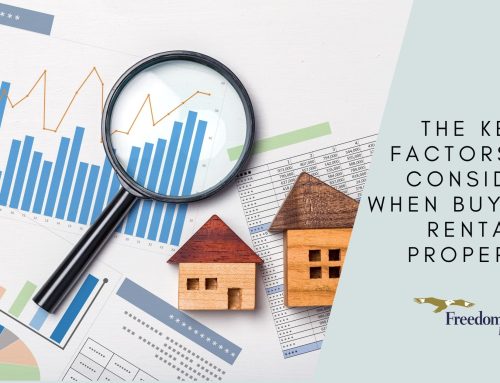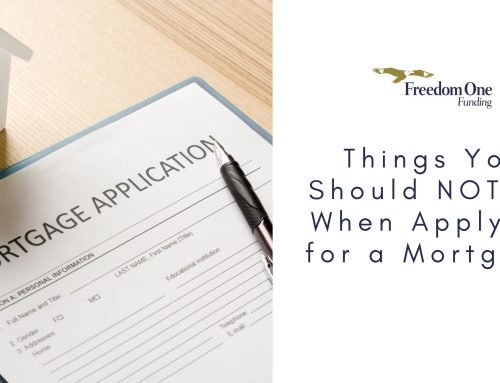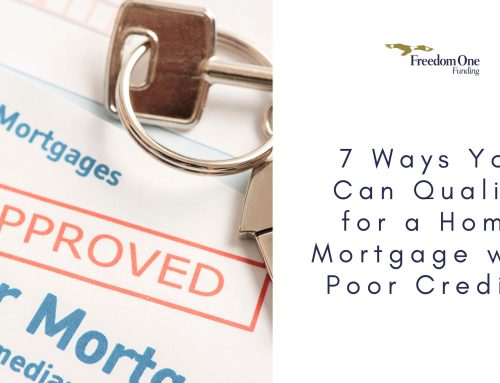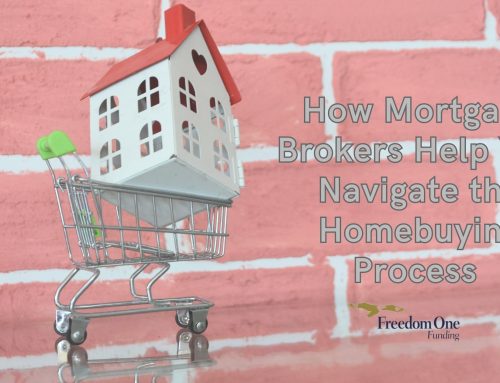When a borrower has a hard time meeting their mortgage payments, an agreement can be made with the lender to reduce or suspend mortgage payments for a certain period. The lender also agrees not to start foreclosure proceedings during the forbearance period.
Is Mortgage Forbearance Right for You?
Forbearance does not erase what you owe and should not be used as a long term solution. You are still required to repay any missed payments. While you can not be reported as making late or missed payments, mortgage forbearance can have a negative impact on your credit rating. Forbearance should be removed from your credit report once you are making regular payments.
There are different forbearance options, depending on your mortgage type. There are also different options to repaying missed or reduced payments during the forbearance period.
During the pandemic, millions of homeowners used mortgage forbearance while out of work. The CARES Act states that you can not be required to pay your skipped payments in one lump sum.
According to the NYS Website “Under both state and federal law, if you are experiencing financial hardship due to COVID-19, you have the right to request a 180-day forbearance. If eligible, you can then receive a forbearance, during which you do not need to make payments. At the end of the forbearance, if you are still experiencing financial hardship, you can request an additional 180-day forbearance.”
What Happens After Forbearance?
Once your forbearance term is up, your loan provider will give you different options for repayment. You can extend the term of the loan, establish a monthly repayment plan in addition to your existing payments, or you can negotiate a loan modification. You can also investigate refinancing your loan with a different lender. Many borrowers can be helped by refinancing if rates turn lower. For those affected by COVID-19, a refinance could help by lowering your interest rate and monthly payment significantly.
FHFA recently announced that loans backed by Fannie Mae and Freddie Mac may be able to refinance as early as three months after a forbearance, under the provision, that the borrow makes three consecutive on-time payments after ending forbearance.
While forbearance is better than foreclosure, it should only be used as a last resort. If you have questions or concerns, our mortgage professionals may be able to assist.






